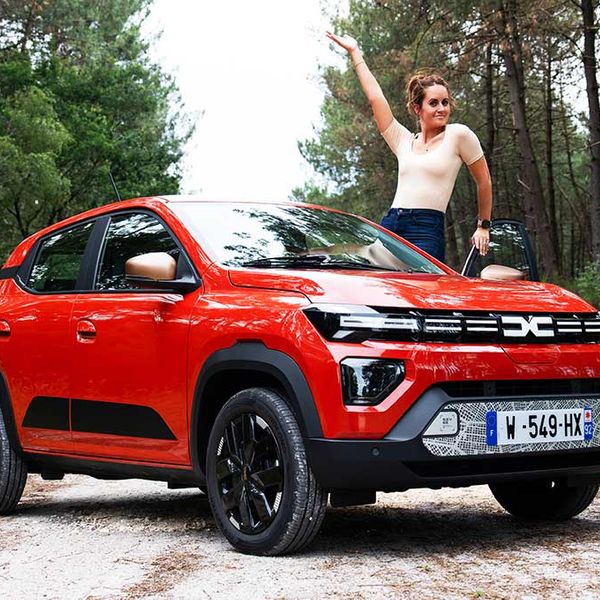It's official - electric car owners will have to pay road tax and the company car benefit-in-kind rates will rise by 1% per year from April 2025. This is undoubtably bad news for those of us used to freebie tax and rock-bottom rates of BIK, but the move is hardly a surprise as the growth in EV sales has left the government with a hole in its finances which it needs to fix.
Details published by the Treasury show that electric car drivers will pay £165 per year from 2025, including any cars first registered between 1 April 2017 and 31 March 2025. It's unusual (and some would say unfair) to start charging drivers who are used to having free road tax.
Zero and low emission cars first registered between 1 March 2001 and 30 March 2017 will pay £20 a year, while electric vans will move to the rate for petrol and diesel light goods vehicles, currently £290 a year.
More worryingly, the Expensive Car Supplement - nicknamed the ‘Tesla Tax’ - which is currently not applied to electric vehicles will be reimposed in 2025.
It means new electric cars registered after 1 April 2025 will be liable for the supplement, which currently applies to cars with a list price exceeding £40,000 for five years. This will add an amount - which currently is £355 per year, but may rise - to the road tax bill for drivers. As electric cars are usually more expensive than petrol equivalents, this £40,000 scoops up some cars which would not be considered luxurious, including family models such as a Kia Niro EV and Vauxhall Astra Electric.
The benefit-in-kind taxation imposed by the Inland Revenue on company vehicles and cars leased through a salary sacrifice scheme is also to rise for electric cars from 2025 after several years of being 2% and less. The current levels, which are pegged at 2% for zero-emission cars until 2025, will rise by a maximum of 1% per year from 2025 to 2028. This is still low compared to petrol, diesel and hybrids however, which will also see rises.
There was pressure to clarify the BIK levels to allow businesses and employees to make informed decisions about vehicles which are being ordered now and will be kept for three or four years on a typical lease cycle.
 Even humble cars such as the Astra will be subject to the so-called 'Tesla Tax' from 2025
Even humble cars such as the Astra will be subject to the so-called 'Tesla Tax' from 2025 













